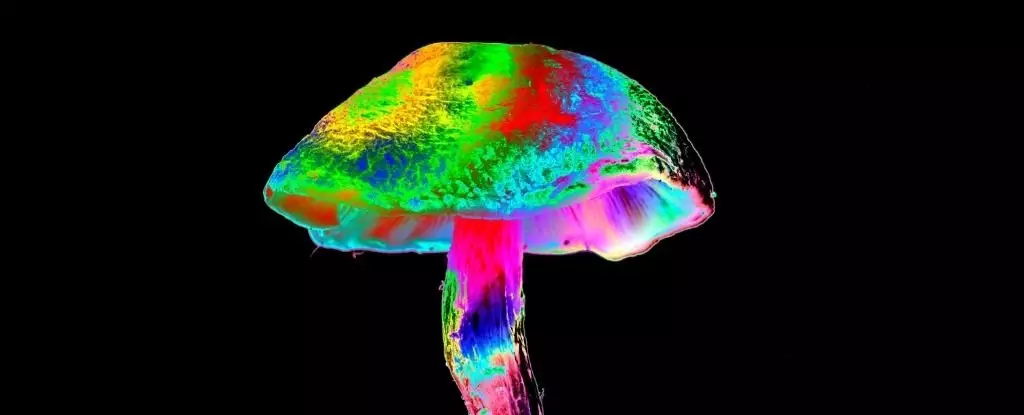The interest in psychedelics continues to rise, both in scientific circles and among the general public. These substances have the ability to alter perception, mood, and various mental processes, and they have shown promise in treating a variety of mental health disorders. However, it is important to understand how psychedelics interact with different mental health conditions, especially personality disorders.
A recent study conducted by researchers at Imperial College London delved into the complex relationship between psychedelics and mental health, focusing on the potential risks for individuals with personality disorders. The study collected self-reported data from 807 participants who had used psychedelics in various settings, ranging from recreational to therapeutic. The researchers measured the participants’ mental wellbeing before and after using psychedelics using the Warwick-Edinburgh Mental Wellbeing Scale.
The study revealed that only 16% of participants reported an overall negative response to psychedelics. However, a significant portion of these negative experiences (31%) were reported by individuals with a history of personality disorders. This highlights the importance of understanding how psychedelics can influence individuals with personality disorders in unique ways.
While the study provided valuable insights, it is essential to consider its limitations. These include the reliance on self-reported data, a small number of participants, a high dropout rate, and the absence of a control group for comparison. The study also failed to account for variations in the types and dosages of psychedelics used, potentially skewing the results.
Different personality disorders may respond differently to psychedelics. For example, individuals with histrionic personality disorder or borderline personality disorder may experience heightened emotional instability, while those with schizotypal personality disorder may become more paranoid. It is crucial to recognize the specific risks associated with each personality disorder when considering the use of psychedelics.
In light of the study’s limitations, it is important to approach the findings with caution. However, the study does underscore the potential benefits of psychedelics for mental health, emphasizing the need for thorough screening for personality disorders. Moving forward, it is essential to refine psychedelic therapy to ensure safe and effective treatment for all individuals, especially those with vulnerabilities. Rigorous methods, such as controlled trials and professional evaluations of personality disorders, are necessary to further explore the therapeutic potential of psychedelics.


Leave a Reply